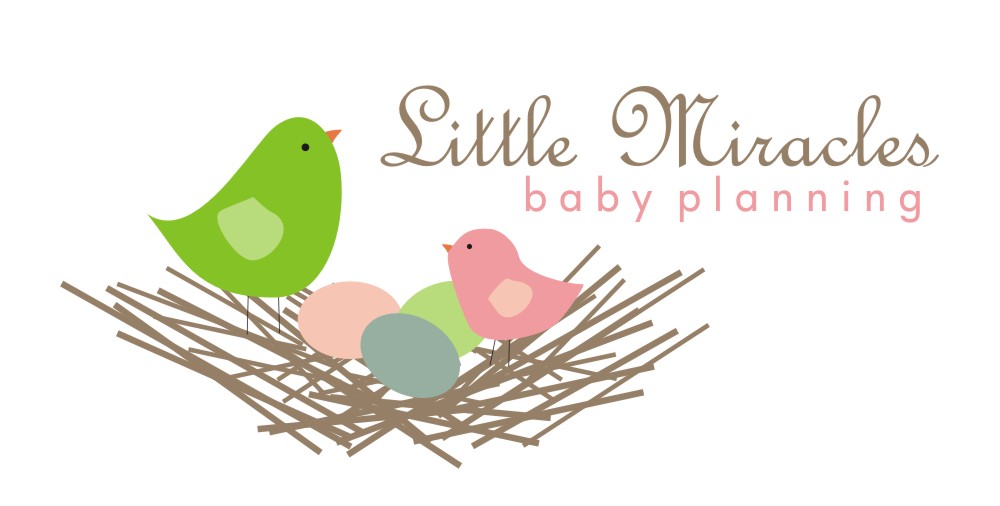from A Milky Way
Watch your diet. It must be well balanced and provide a sufficient intake of protein (10 to 15% of the total food intake). Some examples of foods rich in proteins include lentils, peas, cheese, fish, turkey, beef, eggs, etc. Animal proteins (meat, poultry or fish) should represent 50% of total proteins. Dietary supplements are no substitute for a balanced diet. Do not take dietary supplements together without consulting your doctor or pharmacist first to avoid possible side effects.
HERE'S WHAT WEB Md SAYS ABOUT YOUR BREASTFEEDING DIET:
During pregnancy, your appetite can soar. Your growing baby is drawing from your nutritional stores. But you're also hungry because your body is hard at work helping to prepare your milk supply.
After you give birth, good nutrition is even more important than during your pregnancy. It can make a difference in the quality of your breast milk and affect how quickly your body rebounds from childbirth.
Though doctors once routinely recommended an additional 500 calories a day for breastfeeding moms, today, experts say what you eat matters far more than your caloric intake.
"Beyond a doubt, the nutritious quality of the foods you eat is of major importance during breastfeeding. Simply adding empty calories, like those found in sugary snacks or junk food, is not going to help you or your baby," says Linda M. Hanna, IBCLC, program coordinator for Lactation and Prenatal Education Services at Cedars-Sinai Medical Center in Los Angeles.
In fact, she says, if a mother isn't feeding herself with enough nutritious foods, the number of "dirty diapers" goes down, a sign that your baby may not be getting enough to eat.
Complex carbohydrates are among the best foods you can eat while breastfeeding, says Hanna. Build these into your daily diet:
Vegetables such as broccoli, cauliflower, bell peppers, squash, and beans
Fruits such as apples, berries, plums, oranges, peaches, and melons, whole grains such as whole-wheat bread, rye bread, and brown rice. Not coincidentally, these are the same foods recommended for nursing mothers by the American Academy of Pediatrics. One extra benefit: this type of diet can also help you shed those post-pregnancy pounds.
"If you look at the Weight Watcher's diet for lactation, it's all about complex carb loading. It's one of the most successful long-term lactation weight loss programs for women. It helps them lose weight without sacrificing milk production," says Hanna.
In addition, Hanna says it's also important to get enough protein and fat in your diet. Aim for at least three to five servings (1 ounce each) of fat a day. These could be vegetable oils, butter, or even mayonnaise.
This, she says, will help your body to make a good supply of the super-fatty and satisfying "hind" milk that is expressed during the later half of each feeding, Hanna says.
"In the end we are talking about eating a balanced diet, with complex carbohydrates, protein, and fats, and with as little sugar and sugary snacks as possible," says Hanna.
Among the most important nutrients you need while breastfeeding is calcium -- a minimum of 1,000 mg daily is a must. While dairy foods are a great source, you don't have to drink milk to make milk. To meet your calcium needs, the American Academy of Pediatrics suggests five daily servings of any calcium-rich food, including low-fat yogurt and cheese, as well as nondairy foods such as salmon, broccoli, sesame seeds, tofu, and kale.
Do You Need Nutritional Supplements While Breastfeeding?
As long as you are eating a healthy, nutritious diet, neither you nor your baby are likely to fall short of any vitamins or minerals. If you also continue to take your prenatal vitamins after birth -- which many obstetricians now recommend -- then you and your baby are in even better shape.
The one supplement your baby mightneed is vitamin D, necessary to absorb calcium into the bones, says Carol Huotari, IBCLC, manager for the Center for Breastfeeding information at La Leche League International in Schaumburg, Ill. Vitamin D is in breast milk, but in low amounts.
What can you do? The sun naturally converts certain body chemicals tovitamin D, so Huotari suggests taking baby outside for about a half hour each day. "If your baby gets about 20 minutes of sun exposure on their cheeks once a day, then they are probably getting enough vitamin D," she says.
But be careful about exposing your baby to too much sun, which can cause sunburn and raise baby's risk of skin cancer in later life. If you're uncertain about what to do, talk to your pediatrician about this issue, and ask about the proper dose and type of vitamin D supplements for your baby. The American Academy of Pediatrics advises daily drops of vitamin D for all breastfed babies.
In addition, if you are a strict vegetarian, your breast milk might be missing adequate stores of vitamin B-12. Ask your pediatrician if your baby needs supplements of this nutrient as well.
Finally, while the water supply in most U.S. cities and towns is boosted with fluoride -- a chemical that can help teeth and nails grow strong -- the levels can be low in certain rural areas. As your local water company how many parts per million of fluoride is in your drinking water. If the level is below 3 ppm, ask your pediatrician if your baby should take fluoride supplements after 6 months of age. Under 6 months old, your baby should not take fluoride supplements, even if levels are low in your water supply.
As you probably already know, alcohol and pregnancy are a dangerous mix. Surprisingly, however, the evidence is far less clear when it comes to alcohol's effects during breastfeeding.
With studies on both sides of the fence -- some showing it may increase the risk of problems, others failing to prove it -- it's not surprising that experts are divided on the subject.
As a result, breastfeeding moms should err on the side of caution. Limit alcohol to one or two drinks occasionally, says Huotari. "Until we know more, it's better to drink less," she says. Her advice is also endorsed by the American Academy of Pediatrics.
Here's a link to this article at Web Md.
Tuesday, April 12, 2011
Subscribe to:
Post Comments (Atom)

.png)




No comments:
Post a Comment